Home>Garden Essentials>What Is The Best Soil Mix For Blueberries
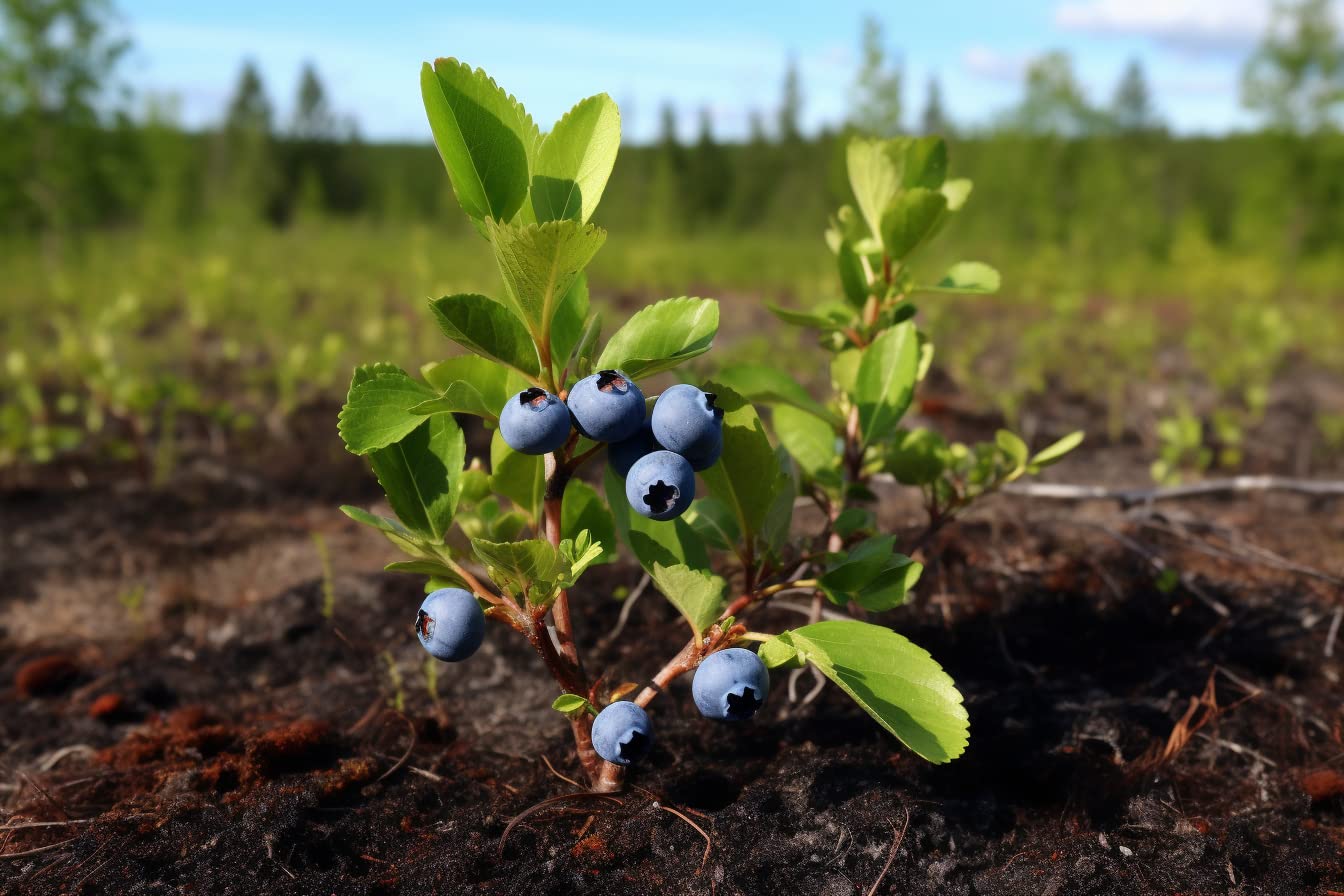

Garden Essentials
What Is The Best Soil Mix For Blueberries
Modified: March 16, 2024
Looking to grow blueberries in your garden? Find out the best soil mix for blueberries and ensure a successful harvest with our expert tips.
(Many of the links in this article redirect to a specific reviewed product. Your purchase of these products through affiliate links helps to generate commission for Storables.com, at no extra cost. Learn more)
Introduction
Welcome to the wonderful world of blueberries! Whether you’re an experienced gardener or just starting out, growing blueberries can be a rewarding and delicious endeavor. These juicy and nutritious berries are packed with antioxidants and vitamins, making them a favorite among health-conscious individuals. However, to ensure the success of your blueberry plants, one crucial factor to consider is the soil mix.
The soil mix you choose plays a vital role in providing the necessary nutrients, drainage, and pH balance for your blueberry plants. Blueberries have specific soil requirements that differ from other fruits and vegetables, so it’s important to understand the importance of a suitable soil mix and how to choose the best one for your plants.
In this article, we will explore the significance of a proper soil mix for blueberries, discuss the factors to consider when choosing a soil mix, and provide you with a recipe for an ideal soil mix that will promote the healthy growth and abundant harvest of your blueberry plants.
So, let’s dig in and discover how the right soil mix can make all the difference in growing thriving blueberry plants!
Key Takeaways:
- Choose an acidic soil mix with good drainage and organic matter to help blueberry plants thrive and produce delicious, nutritious berries.
- Regularly monitor soil pH, moisture levels, and plant health to make necessary adjustments and ensure the success of your blueberry plants.
Read more: What Is The Best Soil Mix For Carrots
Importance of Soil Mix for Blueberries
The soil mix for blueberries is a critical component of successful berry cultivation. Blueberry plants have specific soil requirements that must be met in order for them to grow and produce healthy fruit. Here are some reasons why the right soil mix is essential for blueberries:
1. pH Balance: Blueberries thrive in acidic soil with a pH range of 4.0 to 5.5. This acidic environment allows the plants to absorb nutrients efficiently. If the soil is too alkaline, blueberries may suffer from nutrient deficiencies and struggle to grow. Therefore, it is crucial to use a soil mix that can help maintain the desired pH level for optimal blueberry growth.
2. Drainage: Blueberries require well-drained soil to prevent waterlogged roots, as they are susceptible to root rot. Excess moisture can lead to fungal diseases and hinder the plant’s ability to uptake nutrients. A well-draining soil mix allows excess water to move through the soil, ensuring that the roots receive the right balance of moisture and oxygen.
3. Nutrient Availability: Blueberries have specific nutrient requirements, including high levels of organic matter, nitrogen, phosphorus, and potassium. A good soil mix should be rich in organic matter, such as compost or well-rotted manure, to provide the necessary nutrients for healthy growth and abundant fruit production.
4. Soil Structure: Blueberries have shallow root systems, so the soil structure plays a crucial role in their development. A loose and friable soil mix allows the roots to penetrate easily, promoting healthy root growth and nutrient absorption. It also helps to retain adequate moisture while allowing excess water to drain properly.
5. Disease Prevention: The right soil mix can help prevent soil-borne diseases that can harm blueberry plants. By using a well-draining mix and incorporating organic matter, you can create a healthier environment in which the plants are less susceptible to fungal infections and other diseases.
By understanding the importance of a suitable soil mix, you can create the ideal growing conditions for your blueberry plants. This will not only improve the overall health of your plants but also contribute to higher yields of delicious blueberries.
Factors to Consider when Choosing a Soil Mix for Blueberries
Choosing the right soil mix for your blueberries is crucial to their success and productivity. Here are some important factors to consider when selecting a soil mix:
1. pH Level: Blueberries require acidic soil with a pH range of 4.0 to 5.5. Before planting, it is essential to test the pH level of your soil using a soil testing kit. If the pH is too high, you will need to amend the soil with additives like sulfur or peat moss to lower it to the desired range.
2. Drainage: Blueberries prefer well-drained soil to prevent waterlogging, which can lead to root rot. Ensure that the soil mix allows excess water to drain freely to avoid soggy conditions. Sandy soil or a soil mix with perlite or vermiculite can improve drainage.
3. Organic Matter: Blueberries benefit from a soil mix rich in organic matter, such as compost or well-rotted manure. Organic matter helps improve soil structure, water retention, and nutrient availability. It also encourages beneficial microbial activity in the soil.
4. Nutrient Content: Blueberries have specific nutrient requirements, including nitrogen, phosphorus, and potassium. Choose a soil mix that is enriched with these essential nutrients. Additionally, ensure that the soil mix contains micronutrients like iron, manganese, and zinc, which are crucial for blueberry plant health.
5. Texture: Blueberries prefer a loose, well-aerated soil mix. Look for a mix that has good texture and is easy to crumble. This allows the plant’s roots to penetrate the soil easily and promotes proper airflow to the root zone.
6. Water Retention: While blueberries require well-drained soil, they also need consistent moisture. Look for a soil mix that retains water effectively, ensuring that the plants receive adequate hydration. A blend of peat moss or coconut coir can help with water retention.
7. Disease Resistance: Choose a soil mix that is free from pathogens and pests that can harm blueberries. Avoid using soil mixes from areas where blueberry or other susceptible plants have had disease issues.
By considering these factors and selecting a soil mix that meets the specific requirements of your blueberries, you are providing the best possible growing conditions for healthy and productive plants. Remember to monitor your plants’ performance and make adjustments to the soil mix as needed to maintain optimal conditions throughout the growing season.
Common Soil Mixes for Blueberries
When it comes to growing blueberries, choosing the right soil mix is crucial for their success. While there are various soil mixes available in the market, here are some of the most common options for growing blueberries:
- Acidic Peat-Based Mix: This is one of the most popular soil mixes for blueberries. It typically consists of sphagnum peat moss and perlite or vermiculite. Peat moss is acidic and helps to lower the soil pH, creating an optimal environment for blueberries. It also retains moisture well and provides good drainage.
- Acidic Pine Bark Mix: This soil mix contains pine bark fines, sphagnum peat moss, and perlite or vermiculite. Pine bark adds acidity to the soil while improving soil structure and drainage. It is a preferred option for those who want to avoid the use of peat moss due to environmental concerns.
- Coconut Coir Mix: Coconut coir, a byproduct of coconut processing, is an excellent alternative to peat moss. It has a similar pH-lowering effect and moisture retention abilities. A mix of coconut coir, perlite, and compost can create a balanced soil mix for blueberries.
- Composted Pine Needles Mix: Composted pine needles are naturally acidic and can help lower the soil pH. They also provide organic matter and help with moisture retention. Mixing composted pine needles with perlite or vermiculite and compost can create a favorable soil mix for blueberries.
- Custom Blended Mix: Some gardeners prefer to create their own soil mix by combining various components. A custom mix may include a combination of sphagnum peat moss, perlite, compost, pine bark fines, and other organic matter. This allows for a personalized blend that suits the specific needs of the blueberry plants.
It’s important to note that regardless of the soil mix chosen, regular monitoring and adjustment of pH levels may be necessary to maintain the ideal acidic conditions for blueberries. Additionally, amending the soil mix with organic fertilizers specific to blueberries can provide the necessary nutrients for healthy plant growth.
When selecting a soil mix, consider the availability of the ingredients in your local area and prioritize sustainability. Organic and environmentally friendly options should be favored to ensure the long-term health of your blueberry plants and the surrounding ecosystem.
Remember, the right soil mix is the foundation for successful blueberry cultivation. By providing the ideal growing conditions, you can enjoy bountiful harvests of juicy and flavorful blueberries year after year.
Mix equal parts of peat moss, pine bark, and perlite for the best soil mix for blueberries. This will provide the acidic, well-draining environment that blueberries thrive in.
Recipe for an Ideal Soil Mix for Blueberries
Creating the ideal soil mix for your blueberries is essential for their growth and productivity. Here’s a simple recipe for an optimal soil mix:
- Ingredients:
- 50% Sphagnum Peat Moss
- 20% Perlite or Vermiculite
- 20% Composted Pine Bark Fines
- 10% Organic Compost
- Instructions:
- In a large container or wheelbarrow, combine the sphagnum peat moss, perlite or vermiculite, composted pine bark fines, and organic compost.
- Thoroughly mix the ingredients together until well-incorporated.
- Moisten the soil mix slightly by adding water and mixing it again. The soil mix should be damp but not soaking wet.
- Allow the soil mix to sit for a few days to help it settle and stabilize before using it.
- Adjustments:
Depending on the initial pH of your soil, you may need to adjust the pH of the soil mix by adding sulfur or other soil acidifiers. Test the pH of the soil mix using a soil testing kit and make the necessary adjustments to reach the optimal pH range of 4.0 to 5.5 for blueberries.
If you prefer a more sustainable option and want to avoid using peat moss, you can experiment with substituting it with coconut coir. Coconut coir has similar properties to peat moss and can provide good moisture retention and acidity.
Remember to regularly monitor the pH levels of your soil and make adjustments as needed to ensure the optimal acidic conditions for your blueberries.
By following this recipe and customizing it based on your preferences and specific growing conditions, you can create an ideal soil mix that promotes healthy root development and abundant fruit production in your blueberry plants.
Read more: What Is The Best Soil Mix For Tomatoes
Tips for Using the Soil Mix
Now that you have your ideal soil mix ready for your blueberries, here are some useful tips to ensure its effective use:
- Proper Planting: When planting blueberries, create a hole that is wider and slightly shallower than the root ball. This allows the roots to spread out in the loosened soil. Place the plant in the hole, making sure the crown sits slightly above the soil surface. Backfill the hole with the soil mix, gently firming it around the roots.
- Mulching: Apply a layer of mulch, such as pine straw or wood chips, around the base of the blueberry plants. Mulch helps to conserve moisture, suppress weeds, and maintain a consistent soil temperature. It also adds organic matter to the soil as it breaks down over time.
- Watering: Maintain consistent moisture levels in the soil without overwatering. Blueberries require an adequate water supply, especially during dry periods, but they are also susceptible to root rot if the soil becomes waterlogged. Monitor the soil moisture regularly and adjust your watering schedule accordingly.
- Fertilization: Blueberries have specific nutrient requirements, so it’s important to fertilize them appropriately. Apply a slow-release, organic fertilizer formulated for acid-loving plants in the spring, following the package instructions. Avoid overfertilization, as it can lead to imbalanced growth and may harm the plants.
- Pruning: Regular pruning helps maintain the health and productivity of blueberry plants. Prune during the late winter or early spring to remove dead, damaged, or diseased branches. This also helps to improve air circulation and promote new growth.
- Monitor Soil pH: Regularly test the pH levels of your soil using a soil testing kit specific to acid-loving plants. If the pH level drifts out of the optimal range, make the necessary adjustments using soil acidifiers like sulfur or organic materials. Keep in mind that it may take time for adjustments to take effect, so monitor and make changes accordingly.
By following these tips, you can effectively manage and utilize your soil mix to create a favorable environment for your blueberry plants. Remember to observe your plants, address any issues promptly, and make adjustments as needed to ensure their healthy growth and bountiful harvest.
With proper care and attention, your blueberry plants will thrive in the well-balanced and nutrient-rich soil mix, rewarding you with an abundance of delicious and nutritious berries!
Conclusion
Growing blueberries can be a delightful and rewarding experience, and with the right soil mix, you can ensure the health and productivity of your plants. The soil mix plays a crucial role in providing the necessary nutrients, pH balance, drainage, and overall structure for optimal blueberry growth. By understanding the importance of choosing the right soil mix and following the tips provided, you can create the ideal environment for your blueberries to thrive.
When choosing a soil mix, consider factors such as pH balance, drainage, organic matter content, nutrient availability, texture, and disease resistance. Common soil mixes for blueberries include acidic peat-based mix, acidic pine bark mix, coconut coir mix, composted pine needles mix, and custom blended mixes. By selecting a soil mix that aligns with these factors and the specific needs of your blueberries, you are setting the foundation for their success.
Remember to follow the recipe for an ideal soil mix and make adjustments as necessary to maintain the optimal pH range of 4.0 to 5.5 for blueberries. Implement proper planting techniques, mulching, watering, fertilization, and pruning practices to ensure the ongoing health and productivity of your plants. Regularly monitor the soil pH, moisture levels, and overall plant health, making necessary adjustments along the way.
By providing the ideal soil conditions for your blueberries, you can enjoy bountiful harvests of delicious and nutritious berries. So, get your hands dirty, create the perfect soil mix, and watch your blueberry plants flourish!
Frequently Asked Questions about What Is The Best Soil Mix For Blueberries
Was this page helpful?
At Storables.com, we guarantee accurate and reliable information. Our content, validated by Expert Board Contributors, is crafted following stringent Editorial Policies. We're committed to providing you with well-researched, expert-backed insights for all your informational needs.
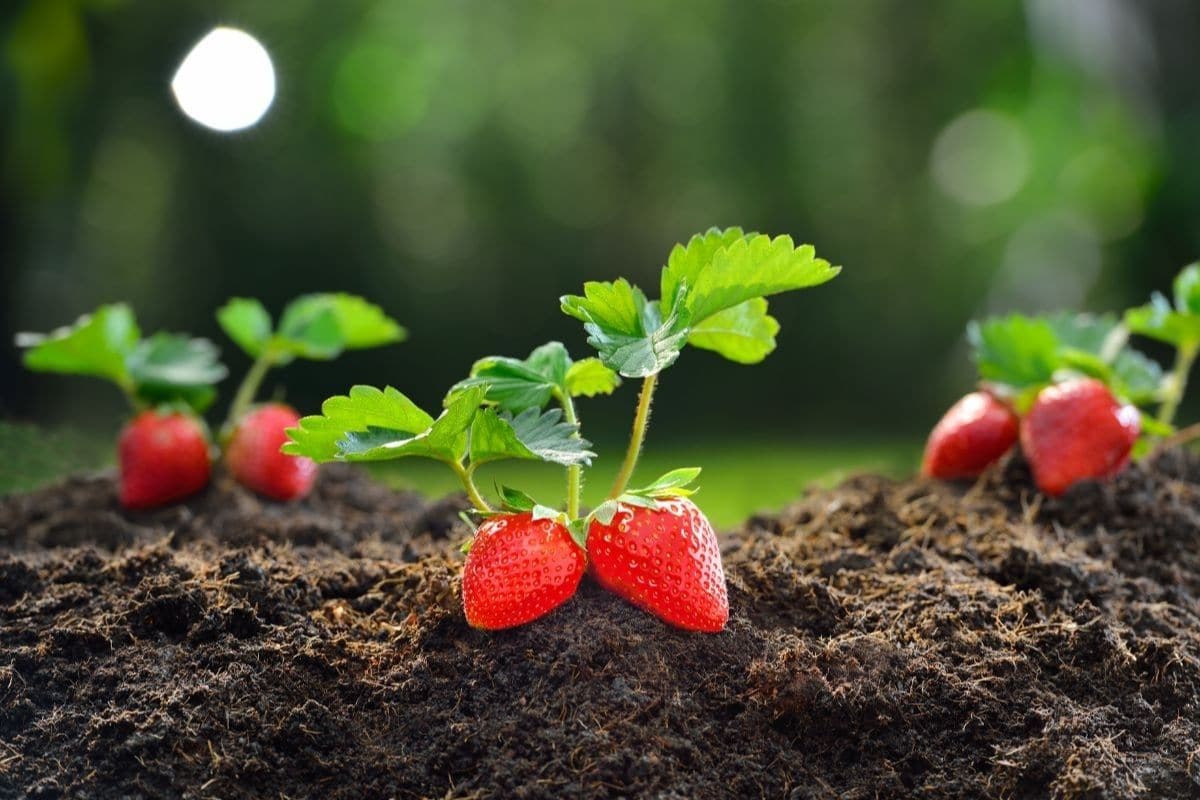
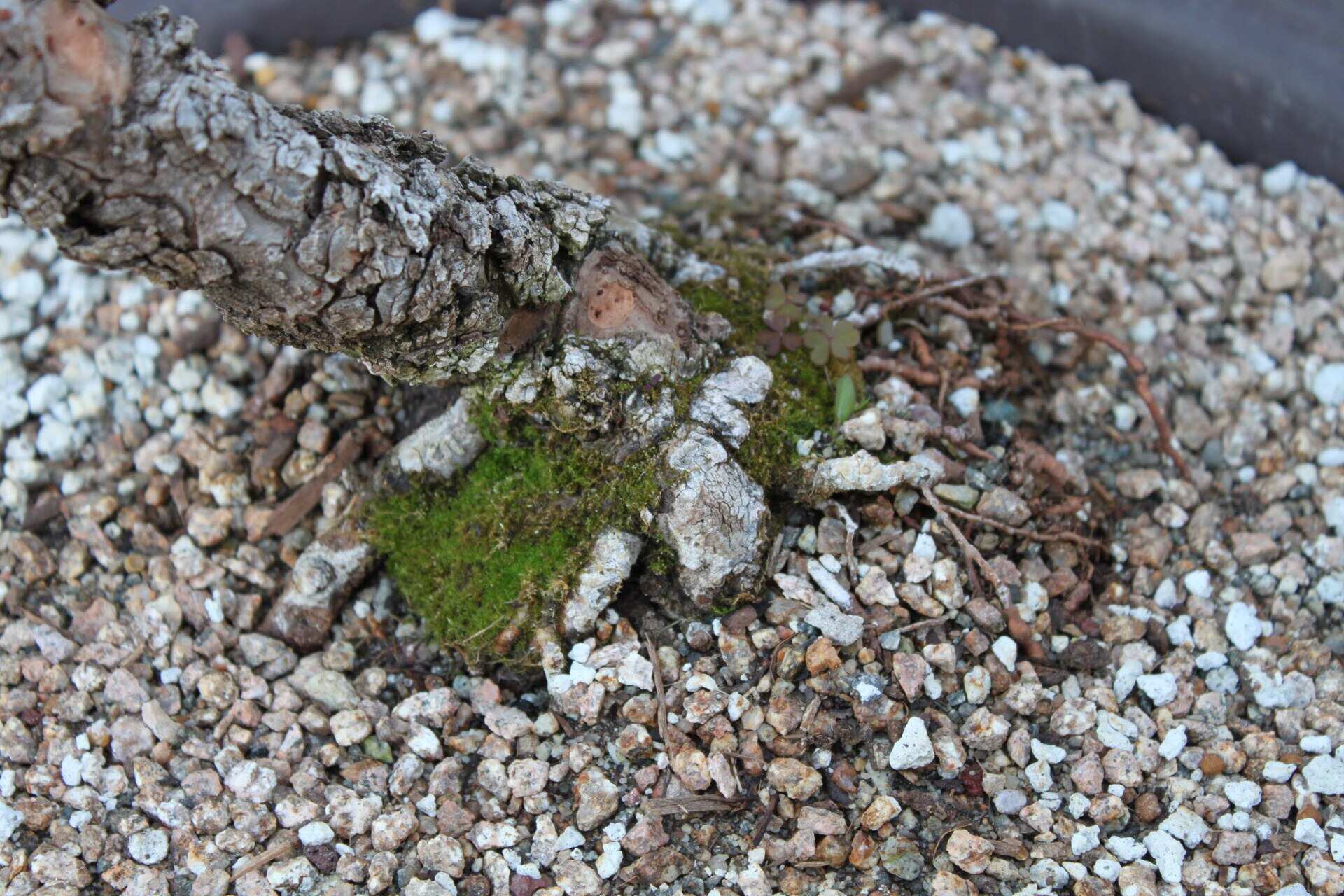
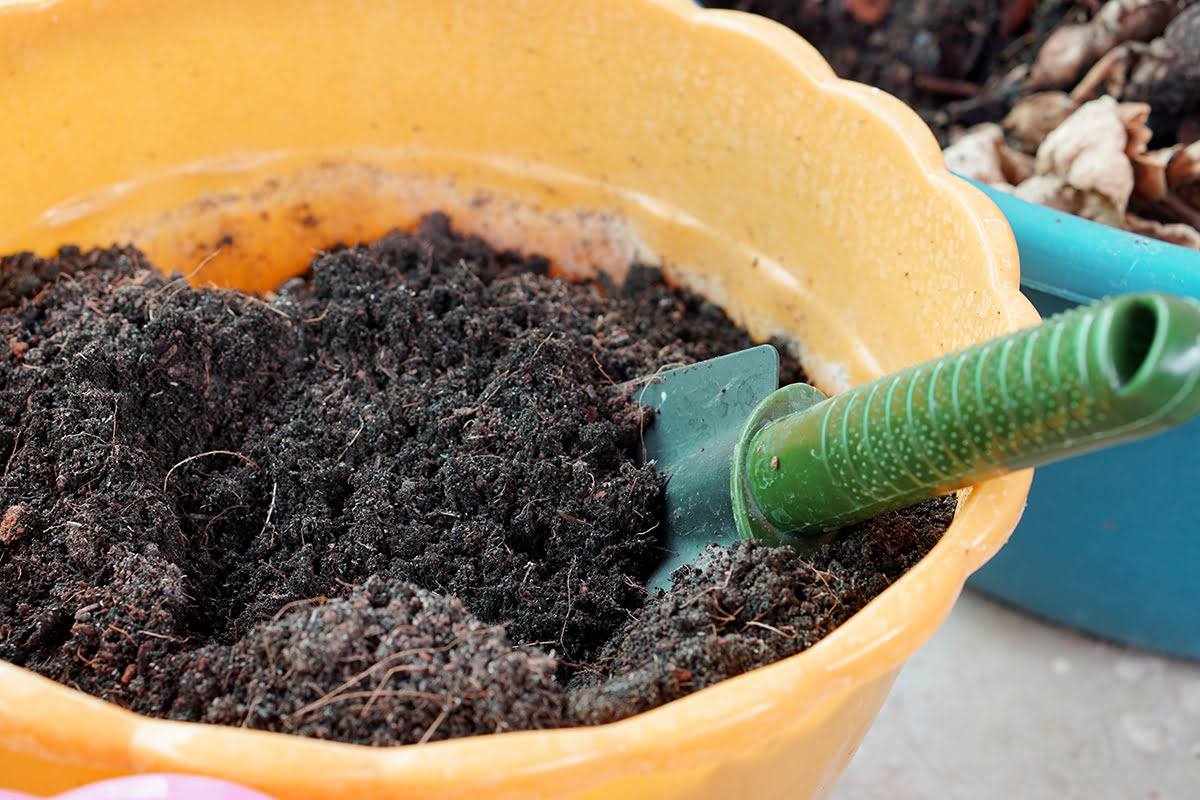
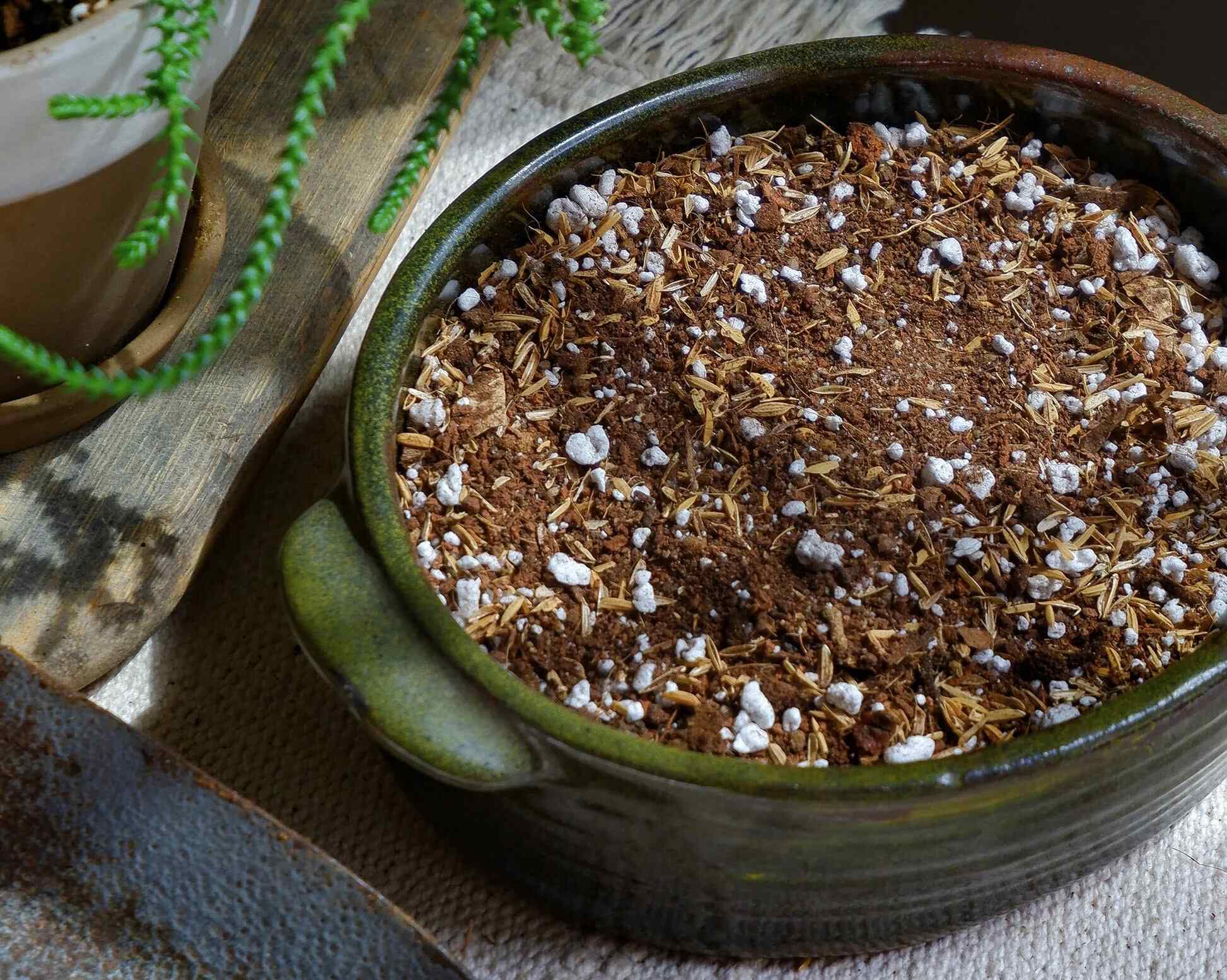
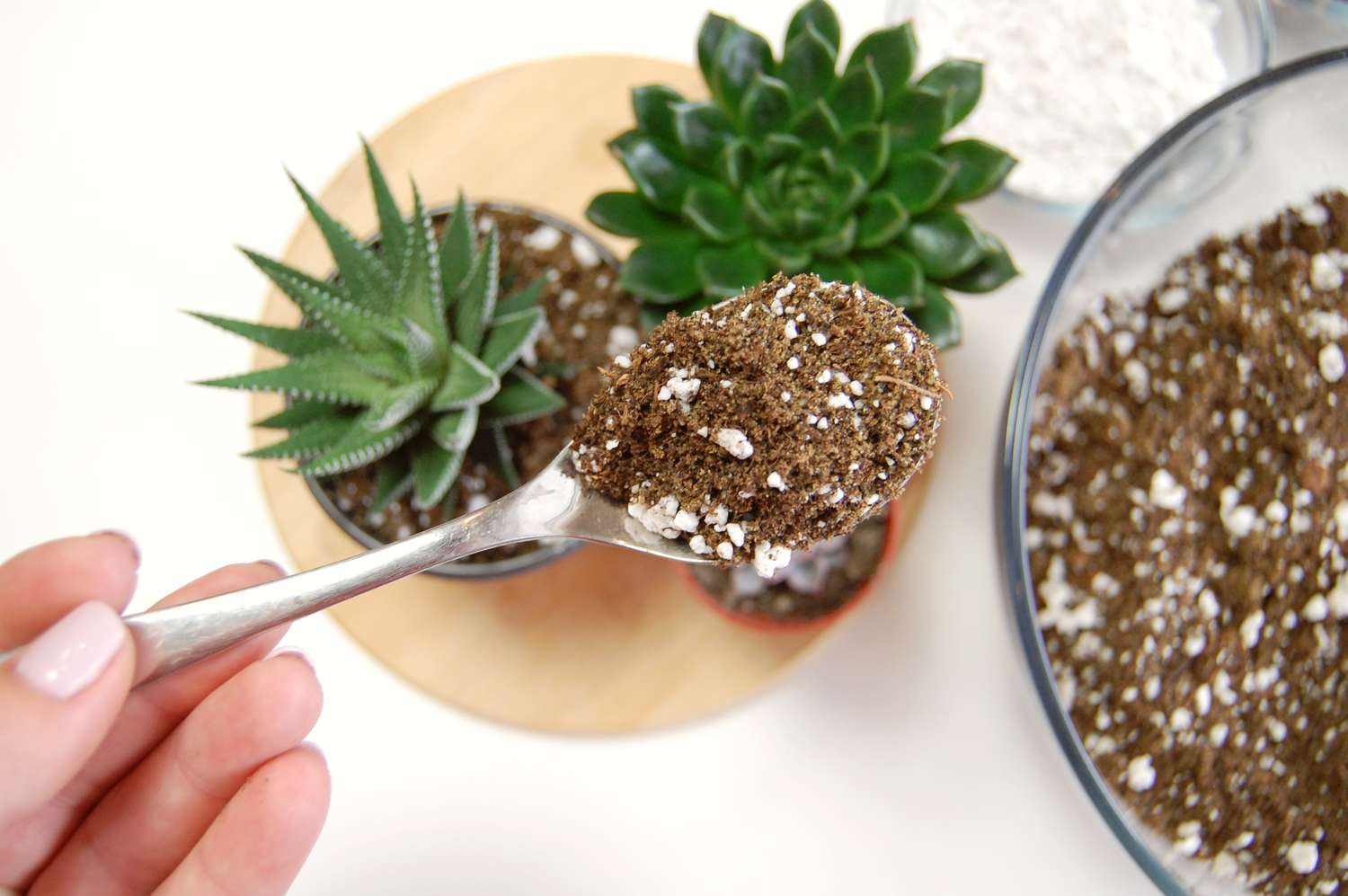
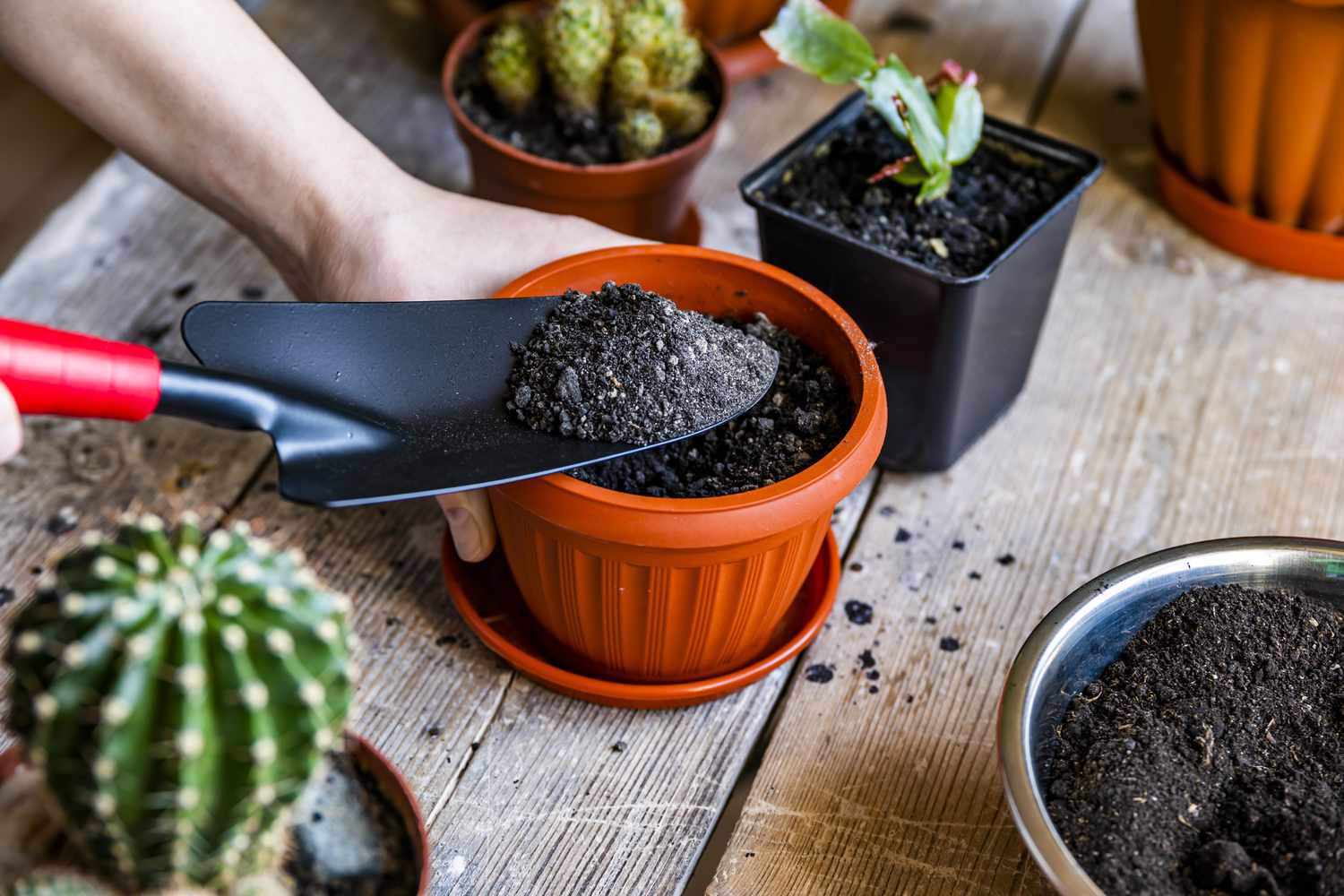
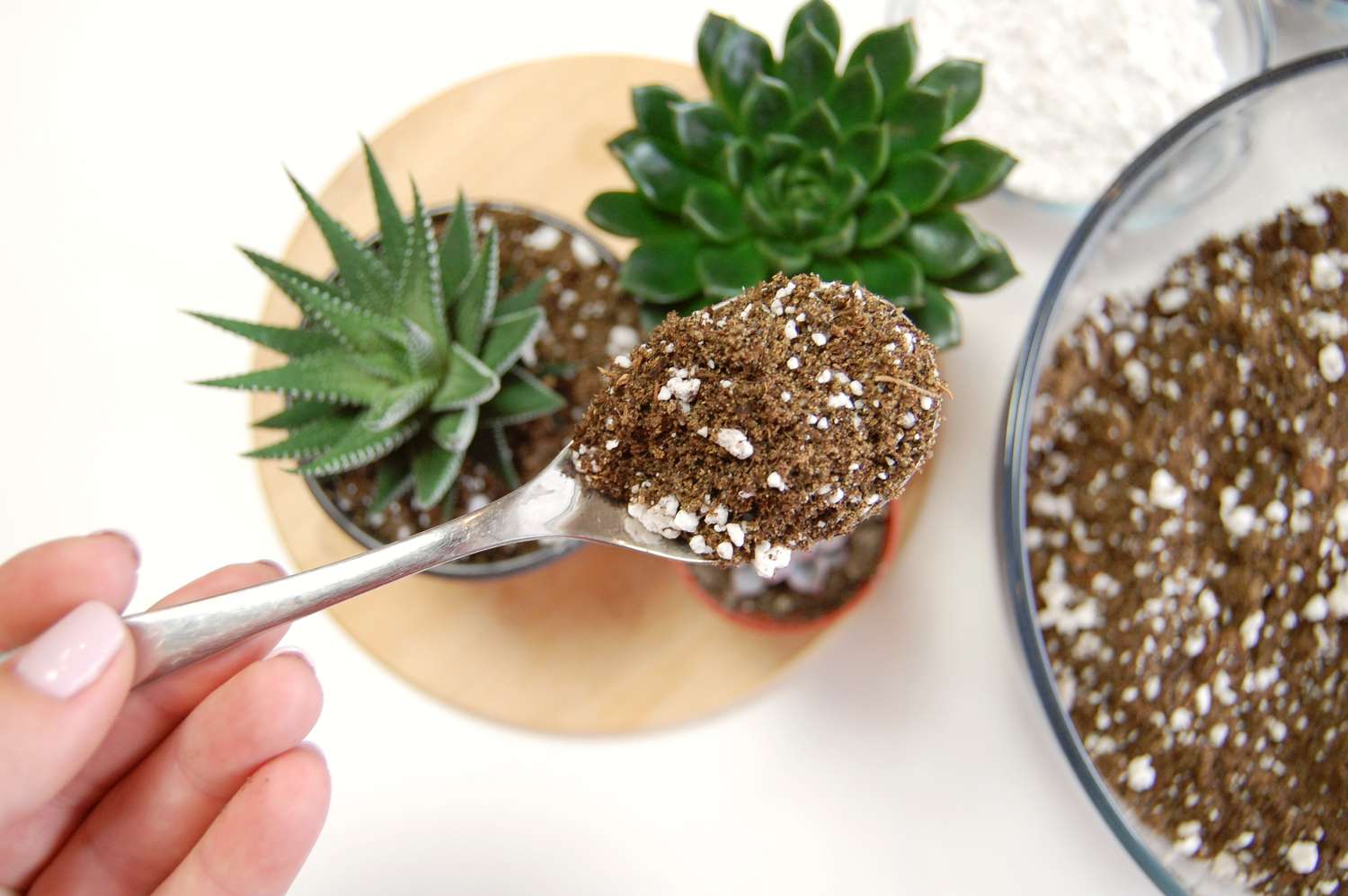
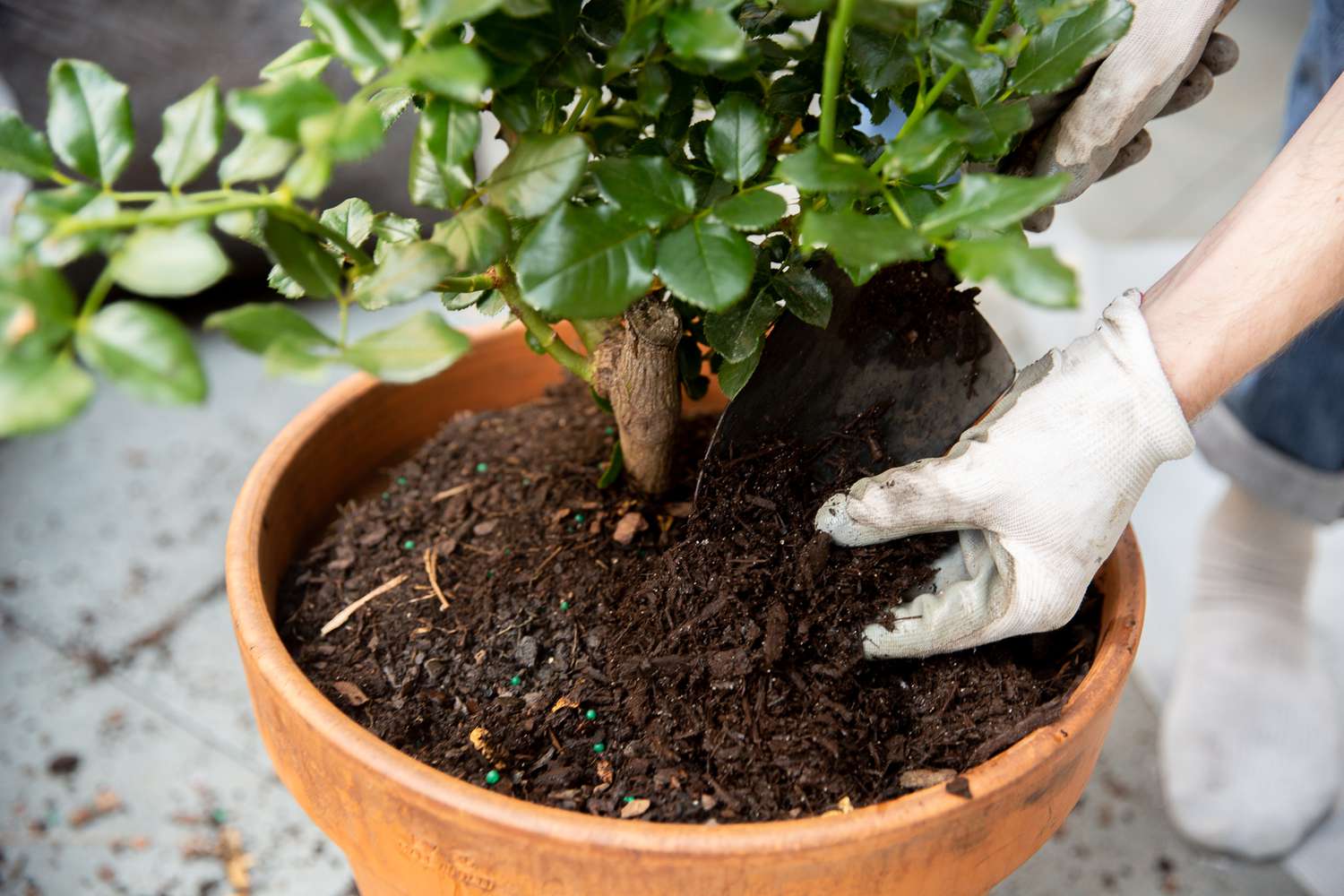
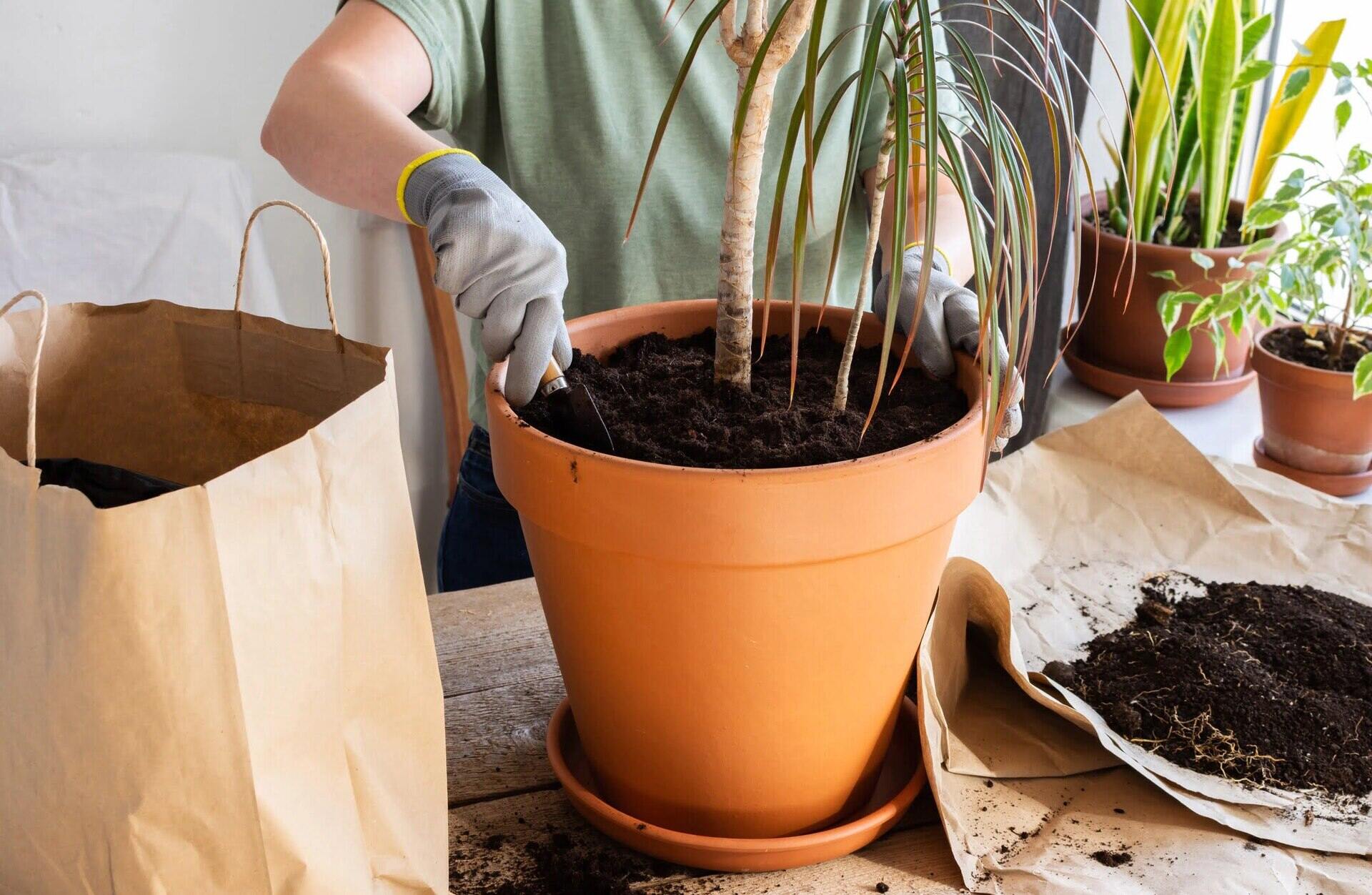
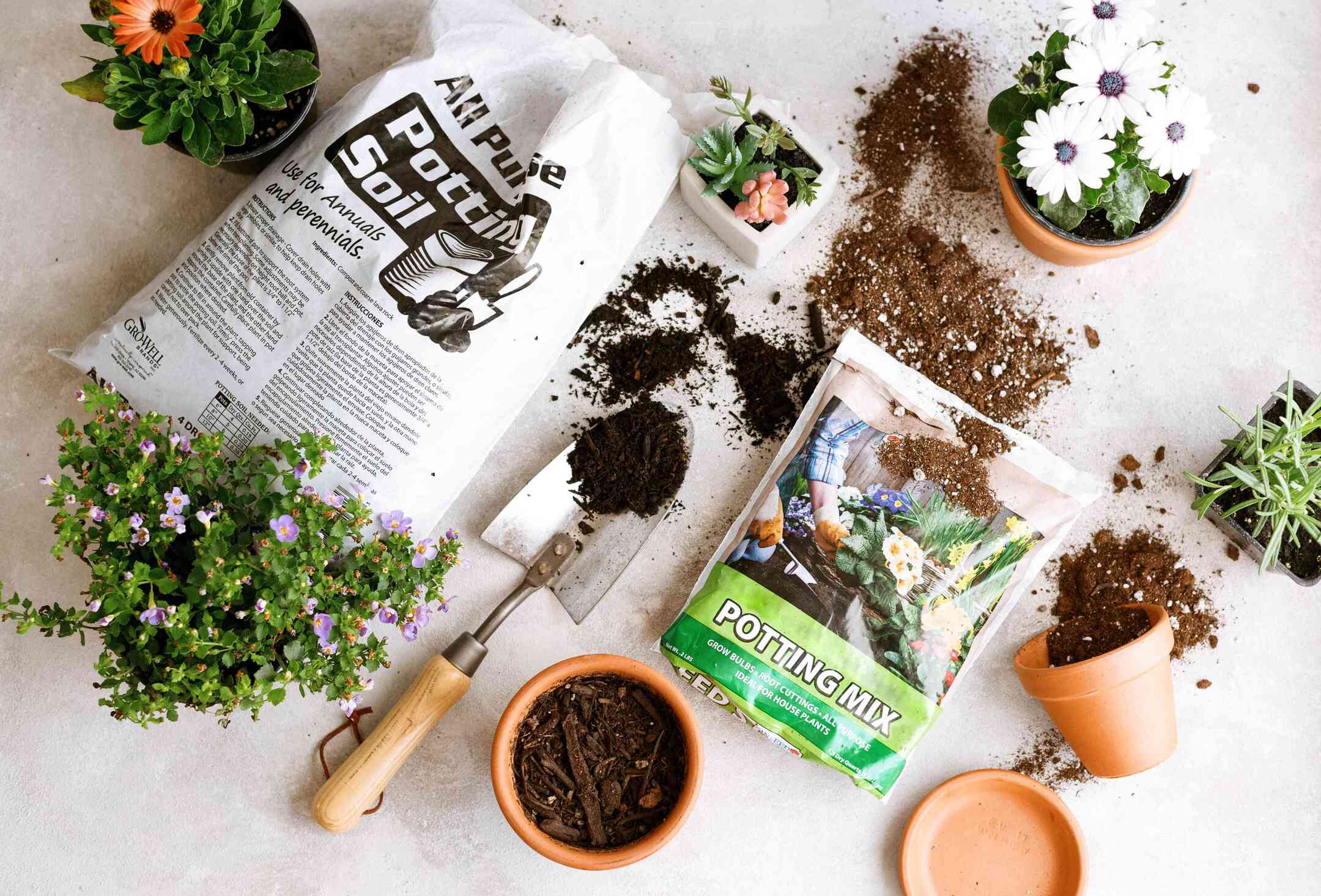
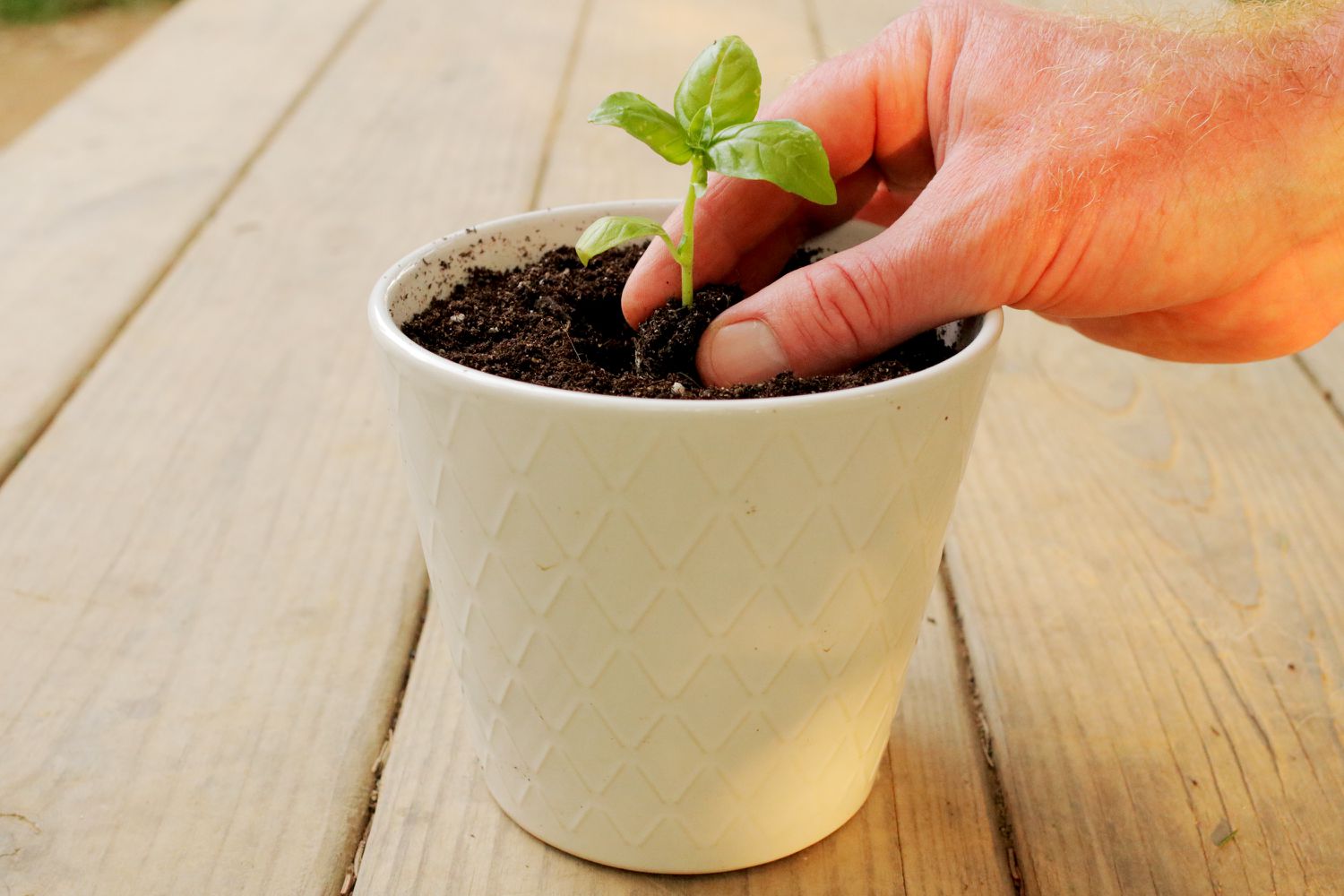
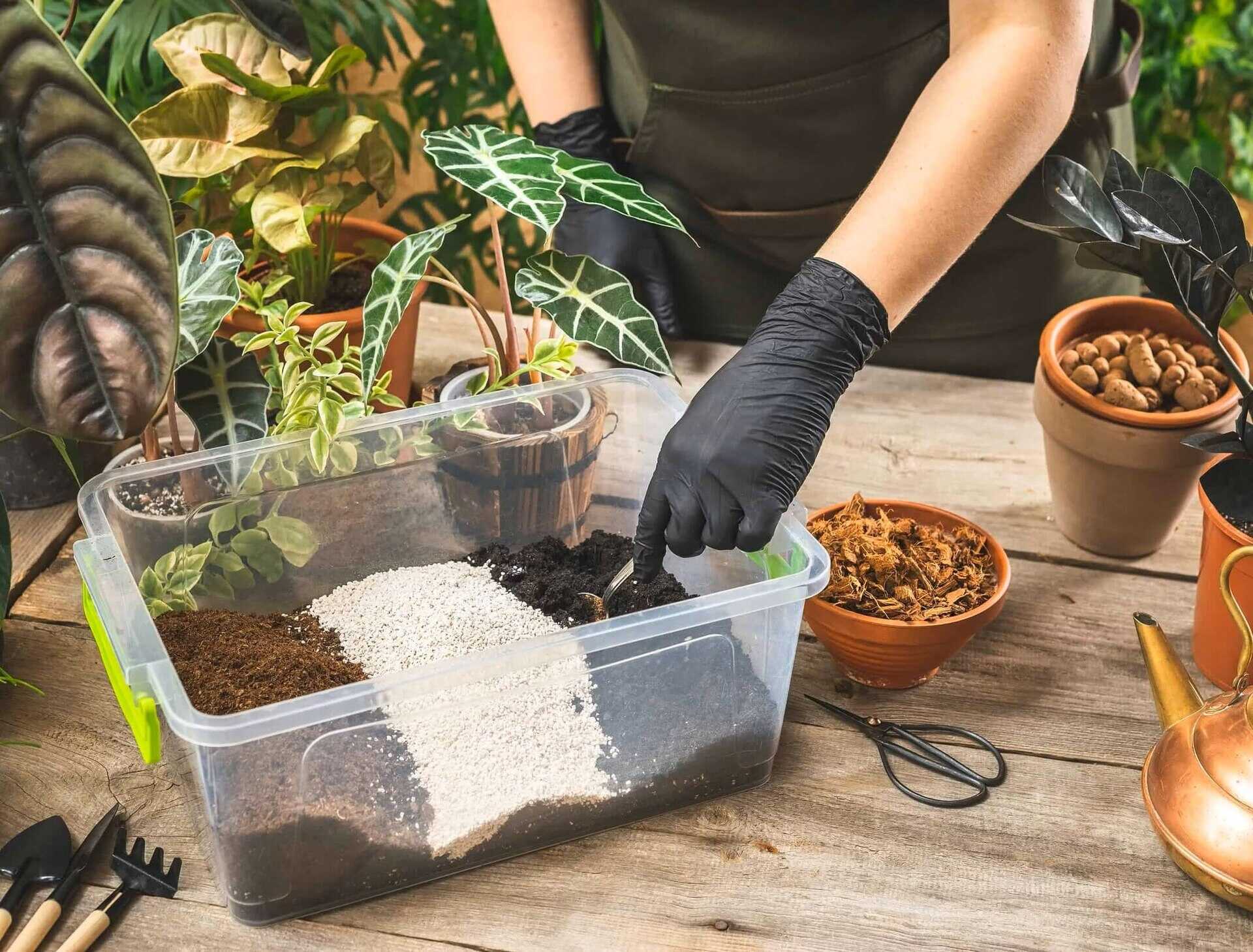
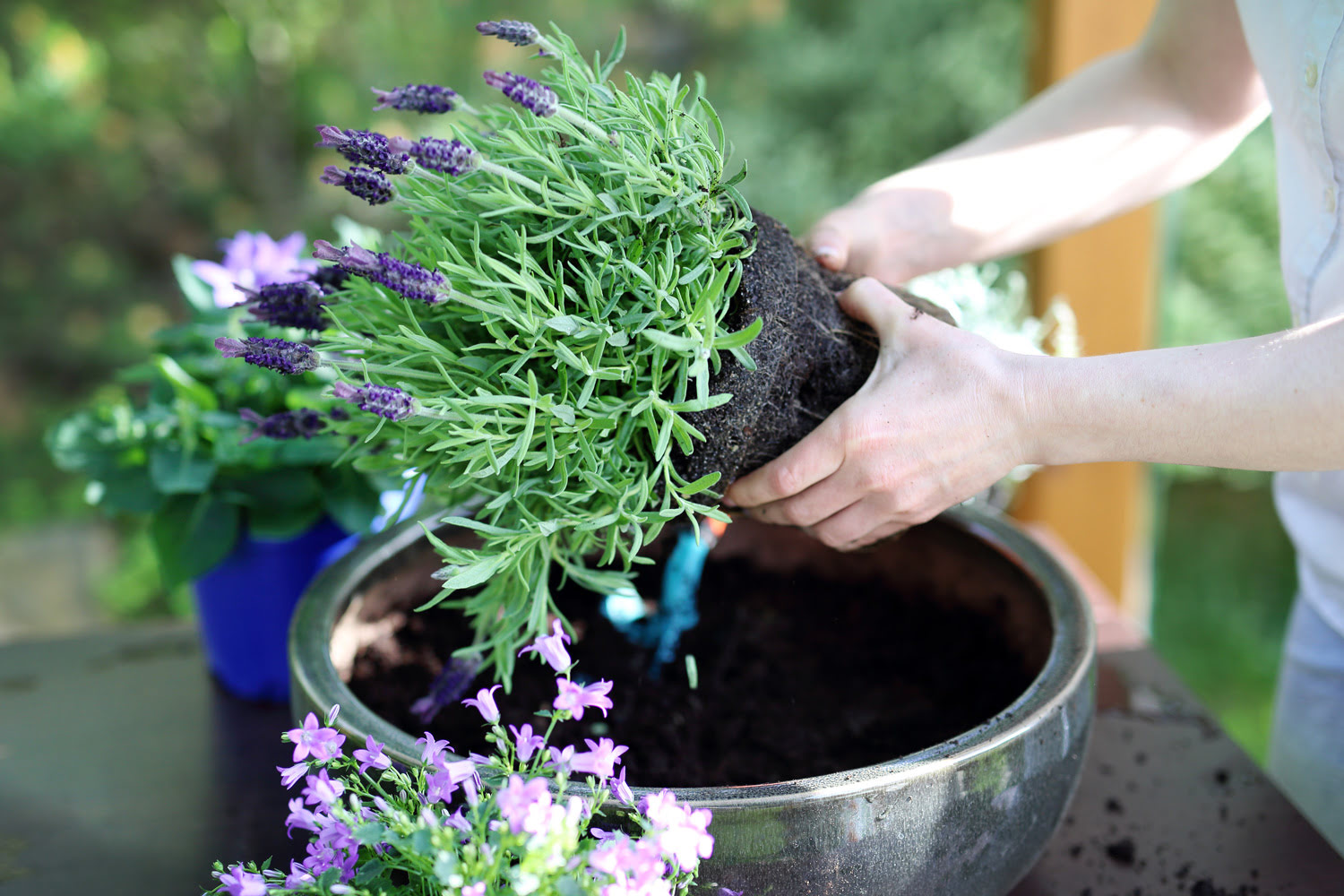
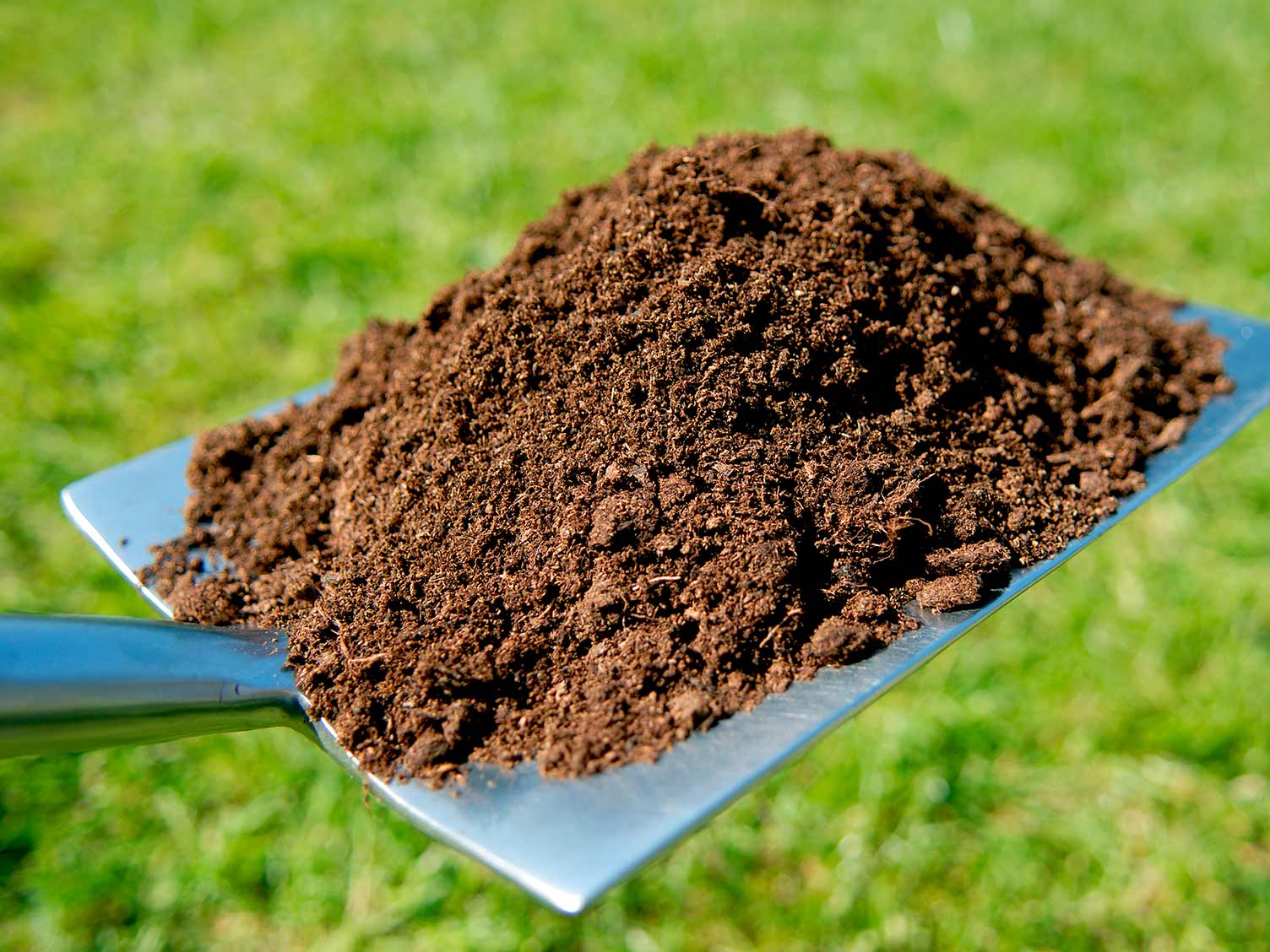

0 thoughts on “What Is The Best Soil Mix For Blueberries”